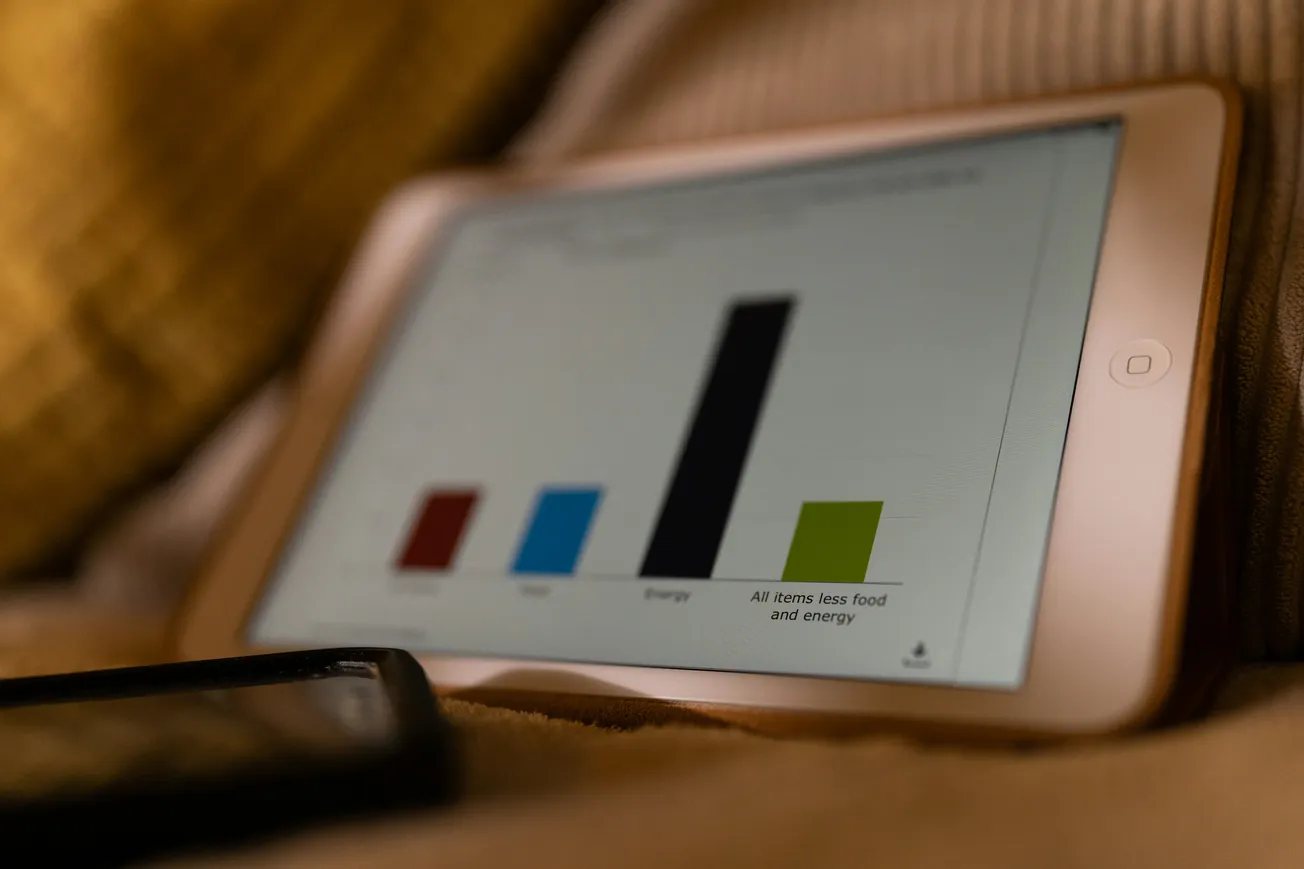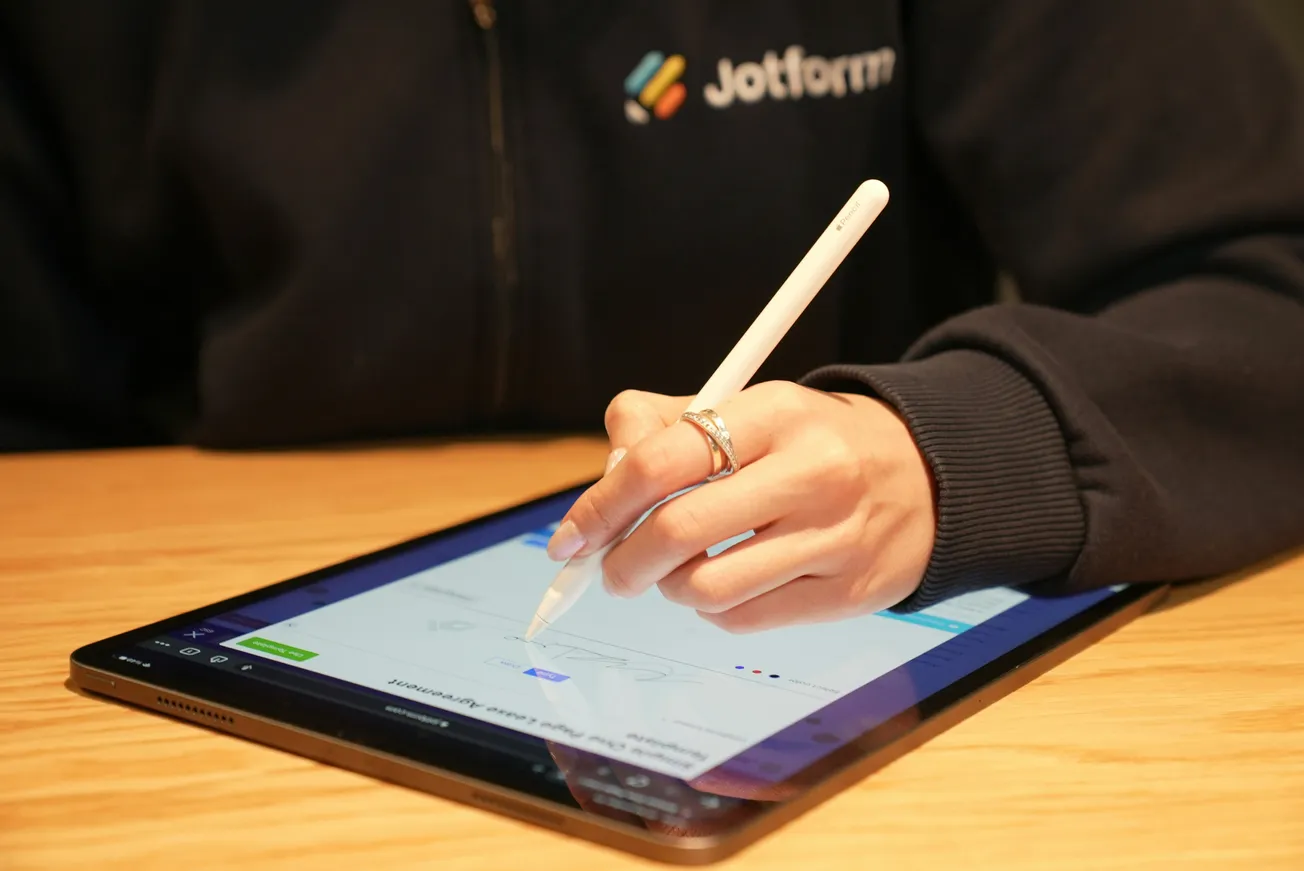A wave of strategic mergers and acquisitions is sweeping across the podcasting world, marking a pivotal moment in the industry’s evolution.
From hardware giants expanding their portfolios to media conglomerates chasing younger, digital-native audiences, the last six months have been defined by an aggressive drive toward consolidation.
The acquisition spree, spanning continents and sectors—from content production to ad tech—signals a shift from experimentation to maturity. Investors and incumbents alike are banking on scale, efficiency, and proprietary content to deliver profitability in an increasingly crowded and fragmented space.
As podcasting edges toward mainstream dominance, this flurry of dealmaking reveals much about the current priorities shaping the industry: vertical integration, global expansion, and the acquisition of distinctive voices developed in startup environments.
Below is a breakdown of the key M&A activity, followed by an analysis of the broader trends and future outlook.
Recent Major M&A Deals in Podcasting (Late 2024 – Mid 2025)
1. RØDE Acquires Lectrosonics
- Date: Announced May 2025
- Cost: Undisclosed
- Background: Peter Freedman, founder of RØDE Microphones (based in Australia), acquired U.S.-based Lectrosonics, a premium audio equipment maker known for its wireless systems used in film, television, and live production.
- Strategic Rationale: This acquisition enhances RØDE’s professional portfolio in podcasting, film, and pro audio. It’s part of a broader trend of hardware companies expanding to cover full audio chains.
2. PodX Group's Multinational Studio Roll-Up
- Acquirer: PodX Group (Sweden)
- Timing: November 2024 – April 2025
- Key Acquisitions:
- Platform Media (UK) – April 2025
- Listen (Australia) – February 2025
- Lemonada Media (USA) – April 2025
- Deal Sizes: Estimated low-to-mid tens of millions USD per deal (not publicly disclosed)
- Background: PodX, an investment firm focused on podcast content creation, has pursued an aggressive acquisition strategy to build a portfolio of regionally dominant studios.
- Goal: To build a "Netflix-style" content library at a global level, with shared infrastructure and cross-market distribution.
3. Tencent Music’s $2.4 Billion Bid for Ximalaya
- Announced: April 2025
- Cost: $2.4 Billion USD
- Parties: Tencent Music Entertainment and Ximalaya FM (China’s largest podcast and audiobook platform)
- Context: Ximalaya boasts over 250 million monthly active users and leads the Chinese spoken audio market. Tencent’s move aims to counter competitors like NetEase and ByteDance, while also preparing for international expansion.
4. Fox Corporation Acquires Red Seat Ventures
- Date: February 2025
- Cost: Estimated $50–75 million (unconfirmed)
- Background: Red Seat Ventures is a production house behind top conservative audio and video podcast content, working with Tucker Carlson and Megyn Kelly.
- Strategic Fit: Fox aims to extend its media reach through digital audio platforms and expand its ad revenue base among younger, mobile-first audiences via the Tubi streaming platform.
5. Oscar Hamilton Acquired via FE International
- Date: December 2024
- Cost: Undisclosed
- Buyer: Private digital marketing firm (identity confidential)
- Background: Oscar Hamilton provided back-end podcast services like show management, editing, and promotion for independent creators.
- Significance: This acquisition marks a growing trend of performance marketers entering the podcasting sector, seeing it as an under-leveraged channel for brand amplification.
6. iHeartMedia Acquires Pushkin Industries
- Date: November 2024
- Cost: Estimated $25 million
- Background: Pushkin Industries was co-founded by author Malcolm Gladwell and Jacob Weisberg. It developed high-production-value audio stories and held a strong reputation in narrative podcasting.
- Strategic Value: iHeart sought to bolster its premium content library amid increased competition from Spotify and Amazon.
7. Spotify Acquires Whooshkaa’s AdTech Platform
- Date: January 2025
- Cost: Estimated under $10 million
- Background: Whooshkaa, an Australian podcasting startup, developed cloud-based ad insertion tools.
- Rationale: Spotify integrated the tech into its Megaphone platform to improve monetization for creators using dynamic ad insertion, crucial to profitability.
Strategic Shifts Behind the Deals
A clear trend emerging from this M&A wave is vertical integration. Companies are consolidating all aspects of the podcasting value chain—from content creation to technology and distribution.
This integration not only improves efficiency but also strengthens monetization capabilities through unified ad tech and proprietary audience insights.
Another defining theme is global expansion. Firms like PodX and Tencent are investing across borders, acquiring regionally influential studios and platforms.
These moves signal confidence in international podcast markets—particularly outside the crowded U.S. scene—and reflect a desire to capture diverse audiences with localized content.
The focus on acquiring startups and indie studios underscores the value placed on originality and audience trust. Many of these companies—like Lemonada Media, Pushkin Industries, and Oscar Hamilton—began as bootstrapped ventures driven by creative founders.
Their agility, loyal fanbases, and niche expertise made them ideal targets for larger firms seeking authenticity and differentiation in a crowded market.
Are Startups Still Thriving?
Despite the surge in consolidation, startups continue to thrive in podcasting—though their role is evolving.
Independent creators are increasingly experimenting with monetization models such as paid subscriptions, merchandise, and crowdfunding via platforms like Patreon and Supercast.
Meanwhile, tech startups are innovating around AI-powered editing, dynamic ad insertion, and video podcasting integrations, creating tools that enhance production quality and distribution reach.
While barriers to entry remain low, competition for attention has intensified. Monetization remains difficult at scale for most small creators, which is one reason many remain open to acquisition.
Still, the creative energy and risk-taking spirit of startups ensure they remain critical engines of innovation—and likely targets for future M&A.
Outlook: What Comes Next?
Looking ahead, the podcast industry is entering a phase of maturation. Future deals are expected to be more deliberate and profitability-focused. We can anticipate:
- Continued studio roll-ups and cross-media integrations, especially between audio and video formats.
- More strategic acquisitions in ad tech, analytics, and creator tools.
- Increased investor interest in startups with proven engagement metrics and monetization pathways.
As large players firm up their positions and startups keep pushing boundaries, the next phase of podcasting will likely be defined by hybrid models—where independence and corporate scale find new ways to coexist.







